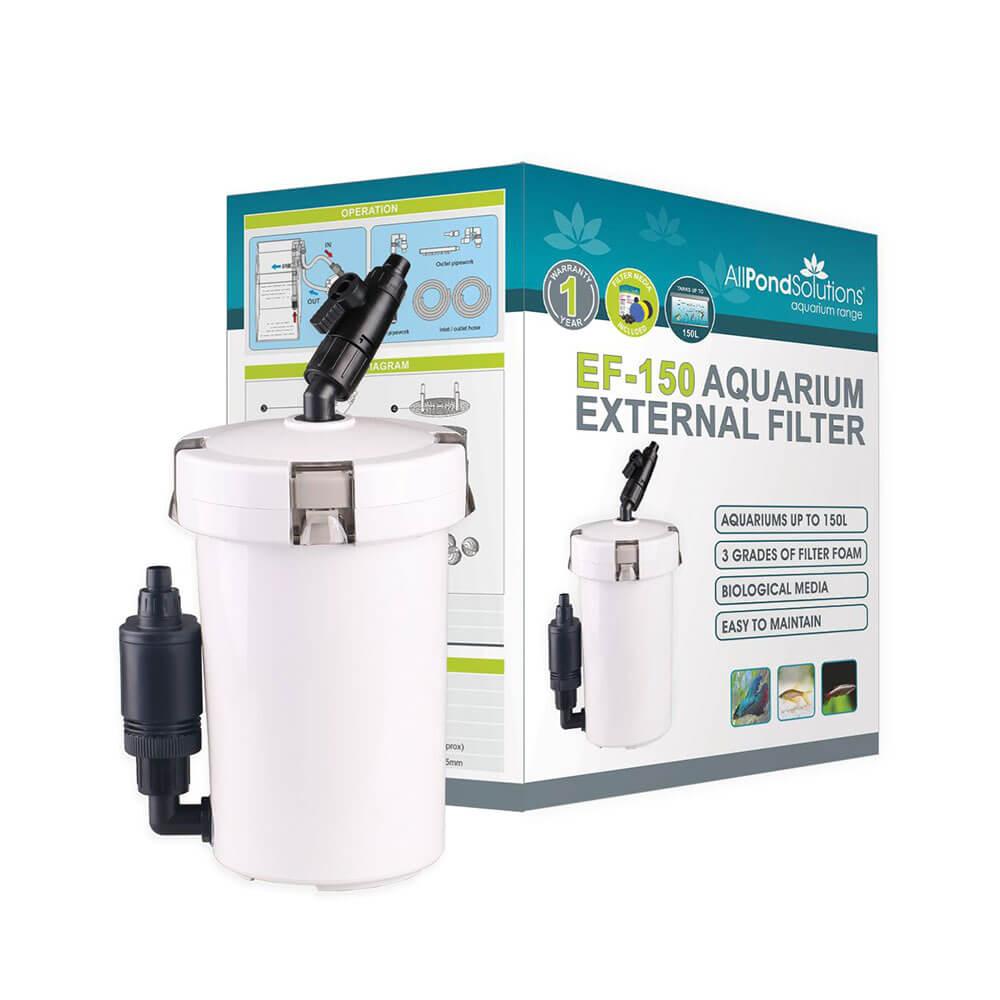Earth Day and Your Garden Pond: How the Environment Plays a Vital Role
Every year on 22nd April, people around the world celebrate Earth Day – a time to reflect on our impact on the planet and to take action for a greener, healthier world. If you're a garden pond owner, Earth Day is the perfect opportunity to consider how environmental changes affect your pond's ecosystem – and what you can do to protect it.
Understanding the Link Between the Environment and Your Garden Pond
A garden pond is more than just a decorative feature. It's a thriving mini ecosystem that depends heavily on environmental conditions such as weather, air quality, and biodiversity. Factors like climate change, pollution, and loss of natural habitats can disrupt the delicate balance of your pond.
Here’s how the environment impacts your pond, and what that means for pond life:
1. Climate Change and Water Temperature
Rising temperatures due to global warming can significantly affect your pond. Warmer water holds less oxygen, which can stress fish and other aquatic life. Additionally, high temperatures can encourage algae blooms, leading to green water and blocked filters. Ensuring your pond water is healthy with our huge range of pond filters.
To help combat this, consider adding aquatic plants like lilies to provide shade and reduce water temperature. You could also install a pond air pump to keep oxygen levels steady during warm months.
2. Rainfall and Water Quality
Heavy rainfall, often intensified by climate change, can wash garden fertilisers, pesticides, and debris into your pond, affecting water clarity and introducing harmful chemicals. This run-off can lead to nutrient overloads, promoting excessive algae growth and harming wildlife.
To minimise this, use organic gardening methods, install natural barriers, or create a buffer zone with plants around the pond’s edge to filter run-off before it reaches the water. Consider adding pond water treatments when required.
3. Pollution and Air Quality
Poor air quality can have a surprising impact on your garden pond. Airborne pollutants settle in the water, altering pH levels and harming sensitive species like newts, frogs, and certain fish.
Keeping your garden green with native plants, reducing the use of petrol-powered garden tools, and avoiding burning garden waste can all help improve air quality and benefit your pond environment.
4. Biodiversity and Wildlife Habitats
Loss of natural habitats means your garden pond may become a vital sanctuary for local wildlife. Ponds support birds, amphibians, insects, and even hedgehogs. Encouraging biodiversity through natural pond planting, leaving areas undisturbed, and avoiding chemical treatments ensures your pond remains a haven for all kinds of species.
Celebrate Earth Day by Supporting Your Pond
On this Earth Day, take small but impactful steps to make your garden pond more eco-friendly:
- Harvest rainwater to top up your pond naturally
- Choose native aquatic plants that support local biodiversity
- Clean your pond filters regularly to avoid chemical build-up
- Educate others about sustainable pond care
By caring for your pond, you're not just maintaining a peaceful garden feature – you're actively participating in environmental conservation right at home. This Earth Day, let your pond be a symbol of your commitment to protecting our planet.
